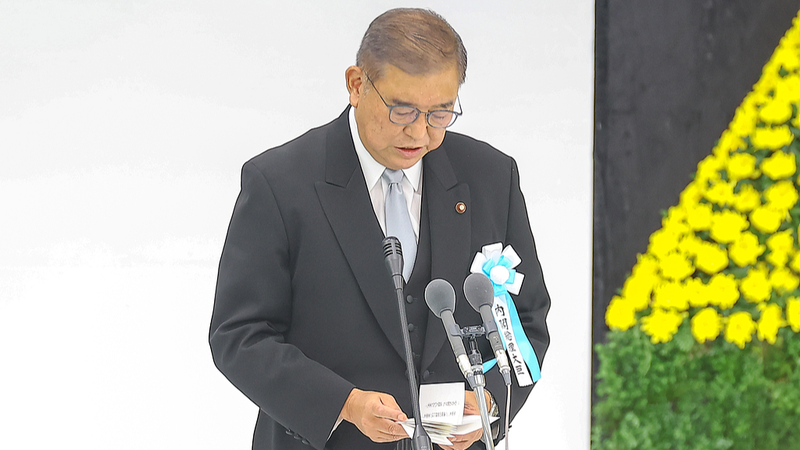Tokyo's Nippon Budokan was hushed on Friday as more than 4,500 attendees gathered to mark the 80th anniversary of Japan's unconditional surrender in World War II.
In a historic address, Japanese Prime Minister Shigeru Ishiba became the first leader since 2012 to use the word "remorse" in his annual speech. He vowed that Japan would never again take the path to war and urged that the "painful" memories and lessons from the conflict be passed on as survivors age.
Yet, Ishiba's reference to "remorse" stopped short of acknowledging the suffering inflicted on Asian neighbors, focusing instead on how Japan drifted into the war. Domestic media noted that this distinction fell in line with his predecessors' reluctance to directly address wartime aggression.
Inside the ruling Liberal Democratic Party, some members criticized the move as a reopening of "apology diplomacy," while the right-wing group Nippon Kaigi dismissed the speech as a mere political maneuver. Earlier Friday, Ishiba and Agriculture Minister Shinjiro Koizumi also paid respects at the Yasukuni Shrine, a site that honors war dead—including 14 convicted Class-A war criminals—and remains a flashpoint in regional relations.
The Chinese Embassy in Japan urged Tokyo to confront its history of aggression, abandon militarism, and earn the trust of Asian neighbors through concrete actions. Across the Sea of Japan, South Korean President Lee Jae-myung called for a "candid reckoning" to heal a fraught past and build mutual trust.
As the ceremony closed, the challenge remains: how will Japan balance the preservation of collective memory with the pursuit of future regional reconciliation? For a generation eager to learn from history while forging forward, the answer will shape Asia's path for decades to come.
Reference(s):
cgtn.com




